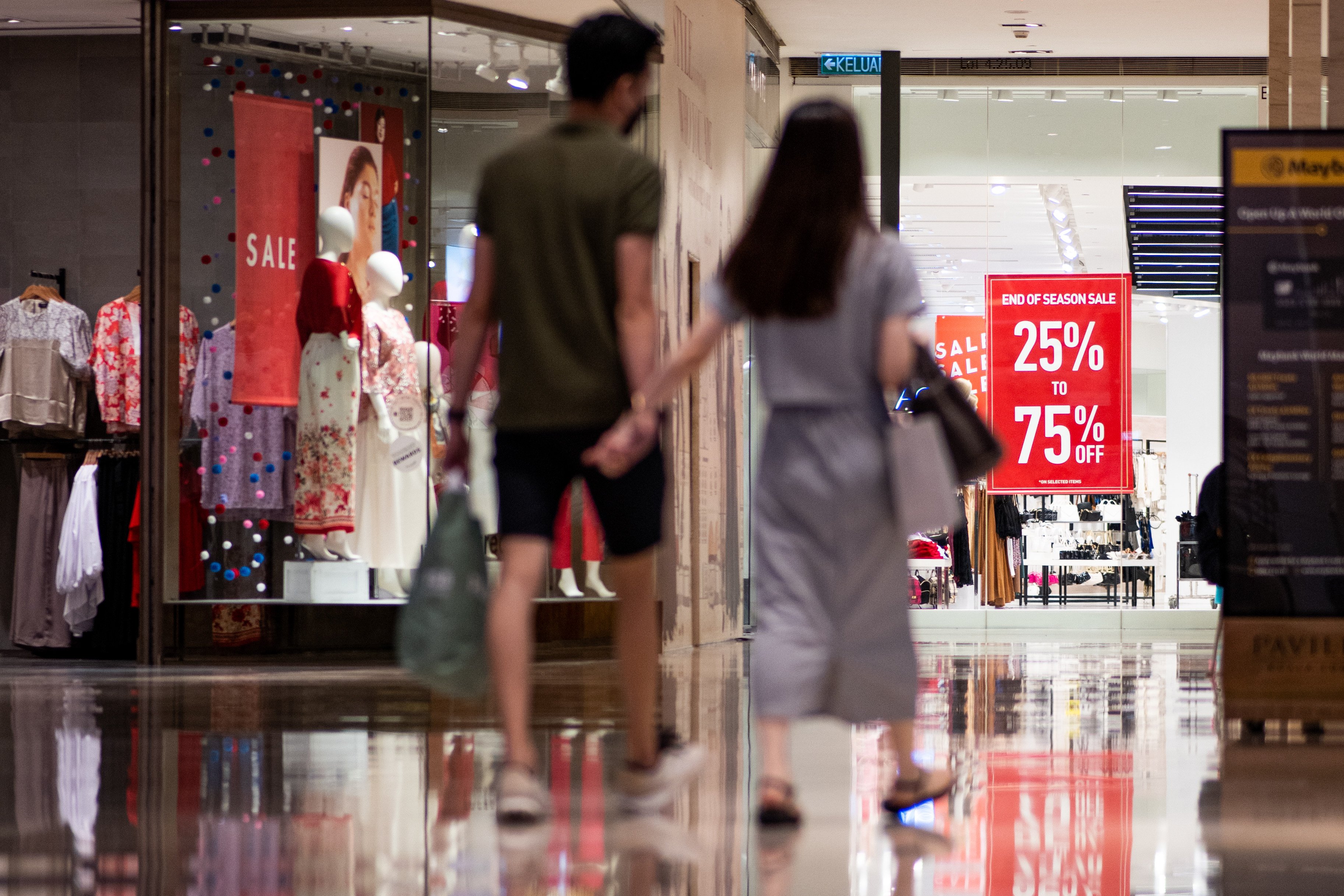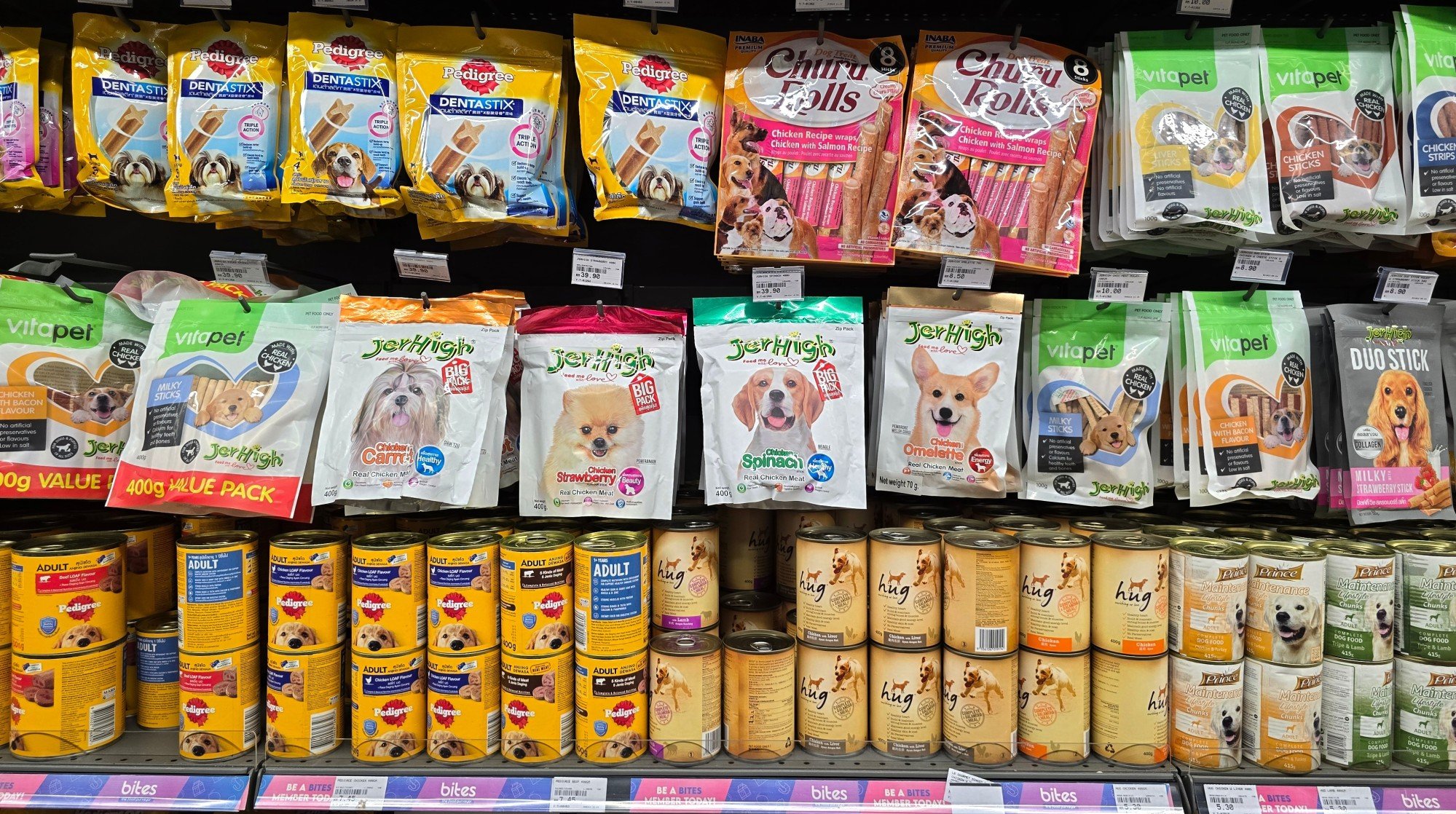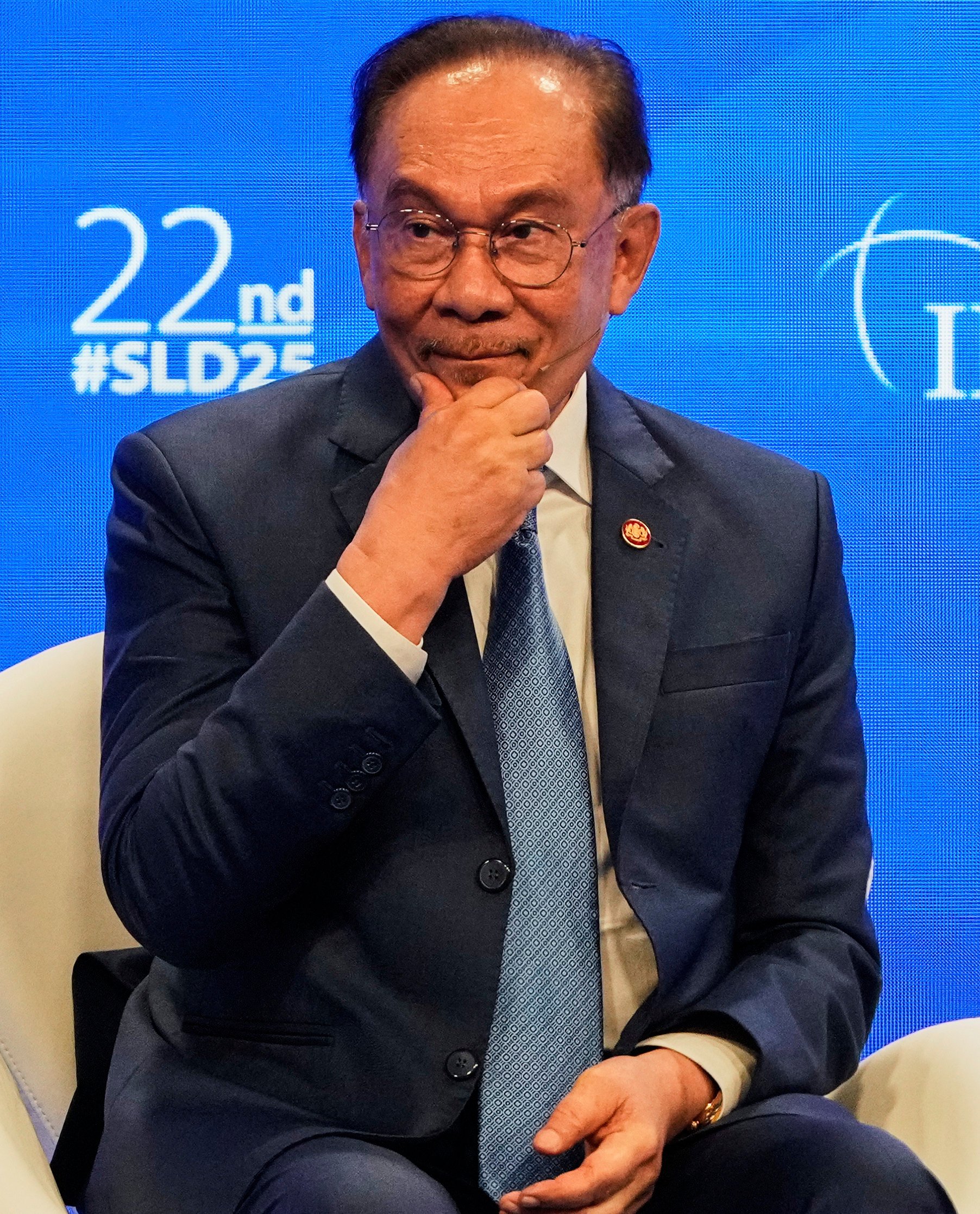Malaysia’s new luxury tax a hard sell for Anwar as popularity wanes
Taxes of between 5 and 10 per cent will be imposed on ‘discretionary and non-essential’ goods and services from July 1

Many Malaysians may find life’s little indulgences suddenly beyond their reach from next month, when fresh taxes bite on premium goods and services like salmon and silk – and even haircuts – after the cash-strapped government said it would raise revenue from so-called luxury spending.
Taxes of between 5 and 10 per cent will be imposed on “discretionary and non-essential goods” as well as financial and beauty services and private education from July 1, the Finance Ministry said in a statement late on Monday.
This means Malaysians will have to pay 5 per cent more for premium goods – ranging from king crab to cod, truffle mushrooms and essential oils – and an extra 10 per cent on their hobbies if they are looking to buy racing bicycles or antique artwork.
These items all now come under the discretionary spending category. As these luxury items are not typically consumed by most Malaysians, they will not have much effect on inflation, according to the government.

Basic necessities like chicken, rice, milk, medicines and pet food, however, will remain exempt from sales tax, along with construction materials and agricultural inputs like fertiliser, “to avoid direct pressure on the cost of living” for most Malaysians, the government added.
Hair salons that earn at least 500,000 ringgit (US$118,000) annually will need to start charging their customers an additional 8 per cent service tax from next month, while families with children attending private schools that charge annual tuition fees of more than 60,000 ringgit will have to pay an extra 6 per cent.
The additional revenue will enable the government to improve public services such as cash handouts and building public infrastructure, Second Finance Minister Amir Hamzah Azizan said.
“These efforts will benefit the nation as a whole without placing undue burden on most Malaysians,” Amir said in a statement on Monday.
Last year, the government raised the services tax from 6 per cent to 8 per cent on most sectors and imposed a tiered levy on digital services.
‘Anwar tariffs’
The announcement comes as Prime Minister Anwar Ibrahim faces a string of controversies – including a nepotism row and coming sexual harassment trial – that further threaten his already falling popularity.
Accountant Mariam Safi said that when she heard the government was going to tax luxury goods, it was going to be on watches and handbags, not a haircut.
“I don’t think getting a hairdo is a luxury. It’s a necessity,” Mariam told This Week in Asia.

Malaysia’s raucous social media was quick to pounce on the announcement, with many claiming that it was a death knell for Anwar’s government.
“Suppliers and consumers are going to start screaming after this. Don’t be surprised when your August bill makes you start to regret voting for PH and BN,” Zamri Hj Ahmad wrote in a social media post, referring to Anwar’s Pakatan Harapan coalition and their government partners Barisan Nasional.
Others drew parallels between the new tax, which critics say would only push prices up and add unnecessary complications to the tax system, and US President Donald Trump’s damaging tariffs.
“Anwar’s tariffs are here already,” read a post on X.
Anwar’s popularity has been battered in recent weeks, starting with the sudden resignation of two key cabinet members following their loss in his ruling People’s Justice Party (PKR) election last month. The poll was marred by accusations of nepotism linked to the rise of his daughter, Nurul Izzah, as the party’s deputy president.
Last week, the prime minister failed in his bid to claim legal immunity from a sexual harassment suit filed by a former aide, Muhammed Yusoff Rawther. But he managed to secure a court order on Tuesday to put his June 16 trial on hold while he appeals.